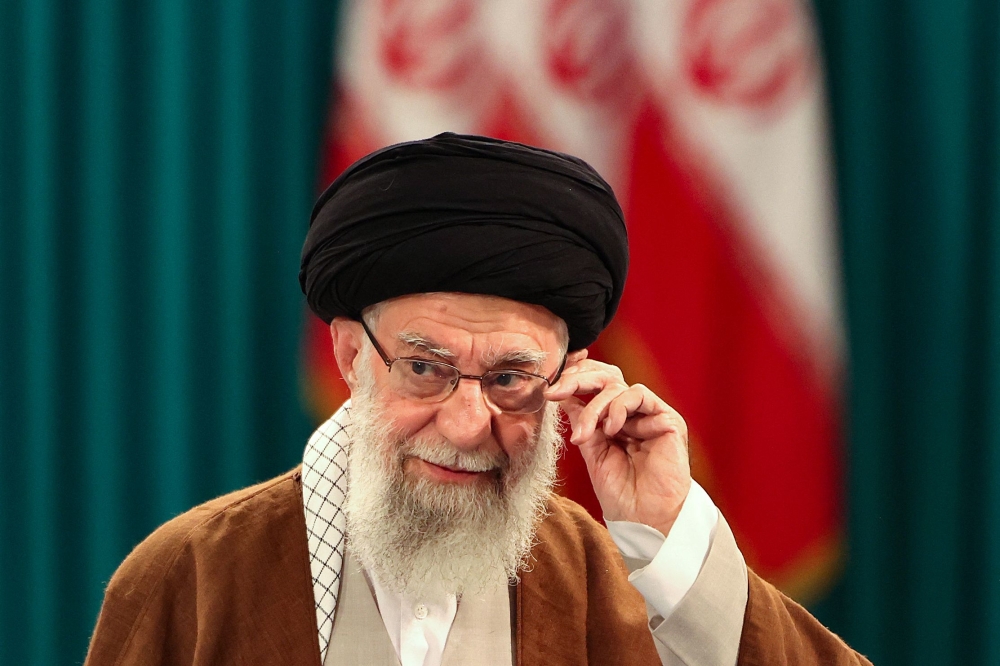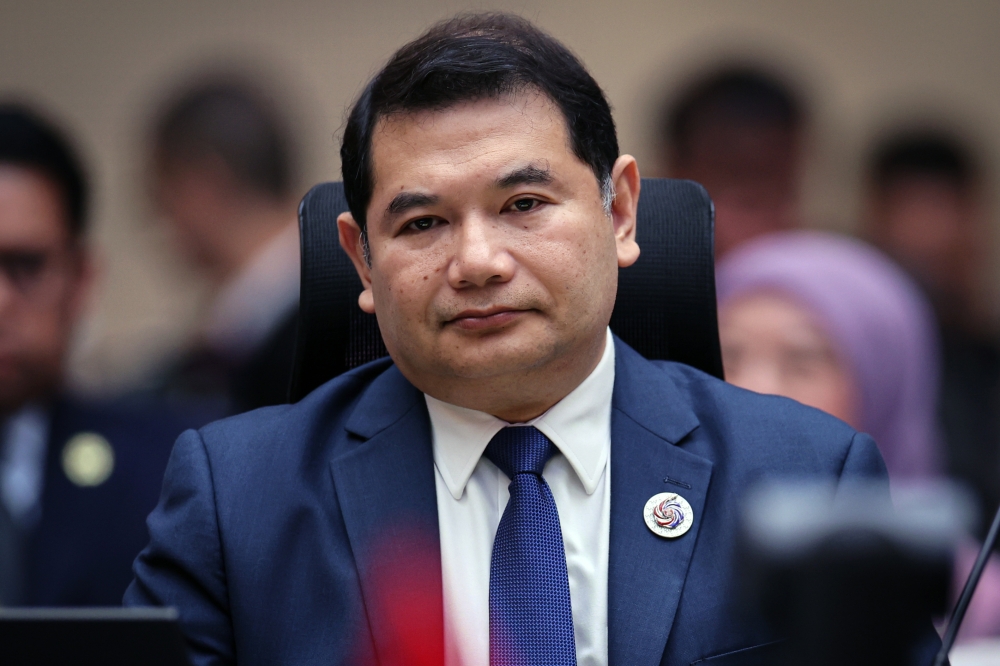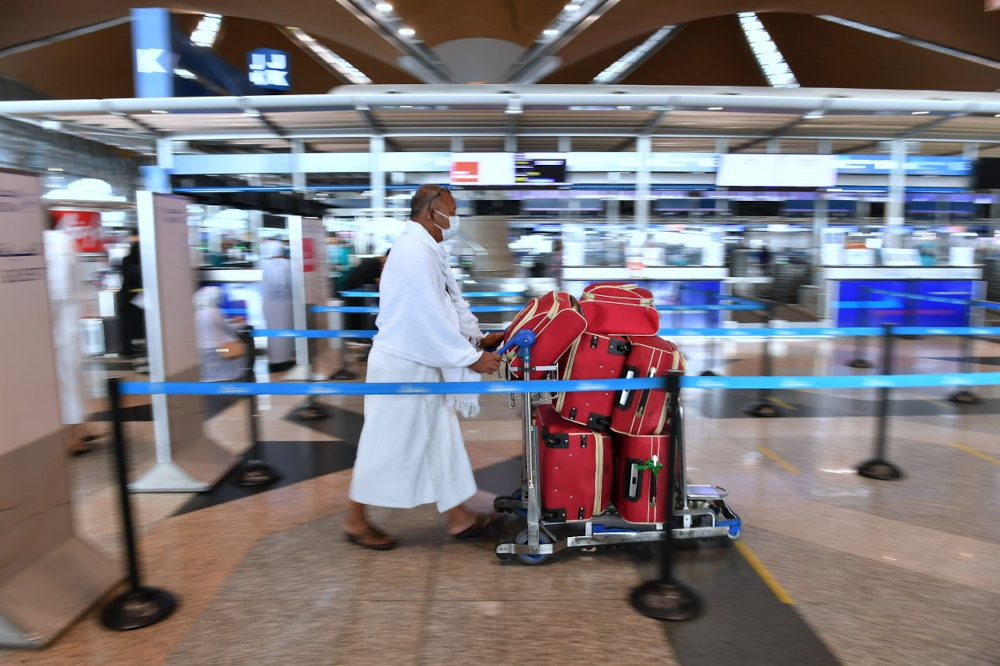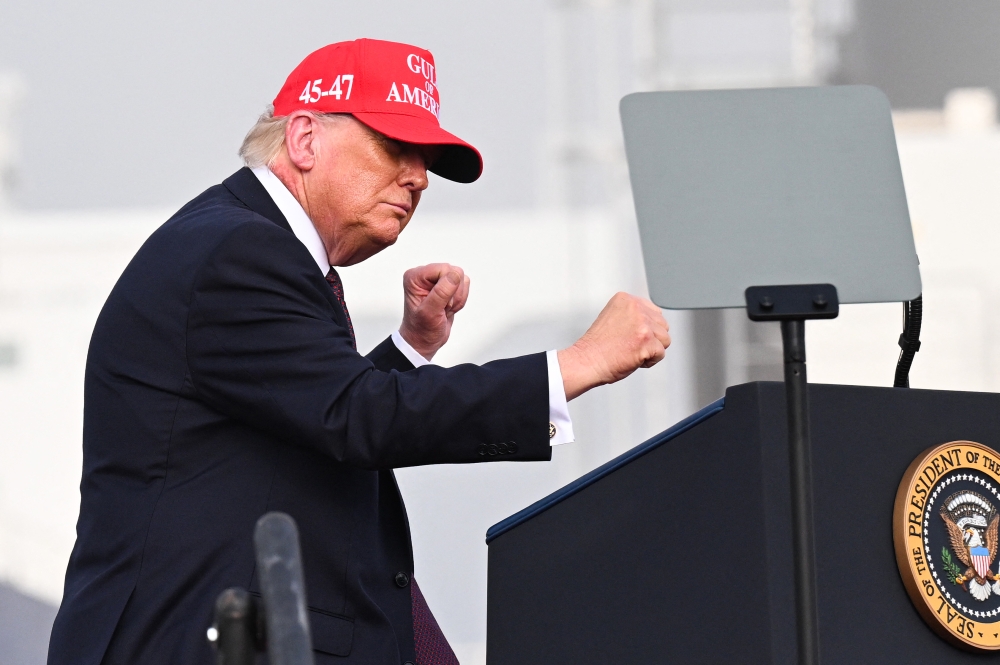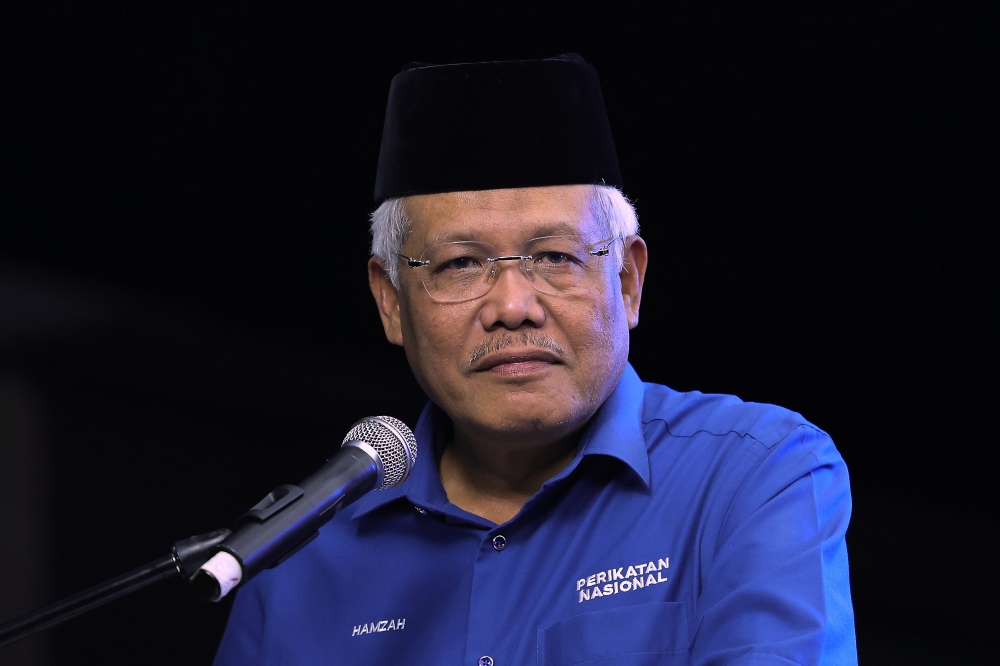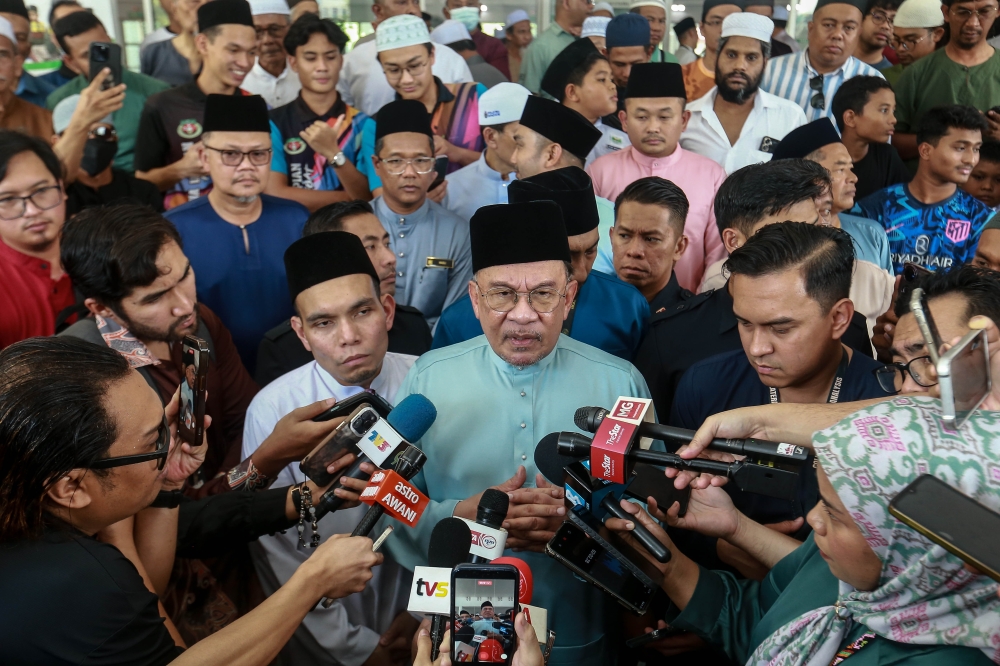SEPTEMBER 7 — As announced in the Pre-Budget Statement (PBS), our revenue for the first half of the year (H1) was lower than the Budget 2021 estimates — although up by 4.6 per cent compared to the same period in 2020.
This has led to the reiteration of calls for reintroducing the now-defunct Goods and Services Tax (GST) as made, e.g., in The Edge Market article, “Expected shortfall in govt revenue calls for tax system reforms, raising statutory debt limit” (September 3, 2021).
At the risk of over-simplification, it could be argued that the GST — abolished by the previous Pakatan Harapan administration as part of its manifesto commitment — was a political decision based on policy consideration.
In the policy context of Malaysia, the GST had led to inflationary pressure and erosion of purchasing power. An issue that needs addressing also is the cost of compliance alongside unauthorised collection.
Whereas, the proposal for implementing the GST was akin to a policy decision based on political (read: ideological) consideration.
The pendulum swung away from the Washington Consensus (a bold break that was the right thing to do) during the Asian Financial Crisis (AFC) to eventually embracing it in the form of the shift towards indirect taxation to widen the tax base.
That our technocrats in economic-decision making and management later bought in the case for GST was perfectly understandable.
It’s set within the scenario whereby “populist” measures which ingeniously appealed to all strata of society as embodied in the form of cronyism and pump-priming was viewed as too skewed towards political considerations.
The Keynesian predilection of the political elite (due to the nexus with the business elite) all too often sat uncomfortably with the Monetarist conviction (due to educational and intellectual influence gained overseas) of the technocratic elite.
Under the Abdullah administration onwards, the institutional and administrative reforms, correspondingly, expressed an “over-dependence” on external consultants, among other things, for policy ideas and formulation.
All of this paved the way for the introduction of the GST as our technocrats were motivated by the desire to widen the tax base as a measure to reduce wealth inequality in the long-run.
EMIR Research has been consistent in our stance, and also in line with the previous Perikatan Nasional administration and now under the new Prime Minister, that the timing isn’t right for reintroducing the GST.
It’s not just the economic situation.
But the tax system itself that needs to be considered before reintroducing the GST.
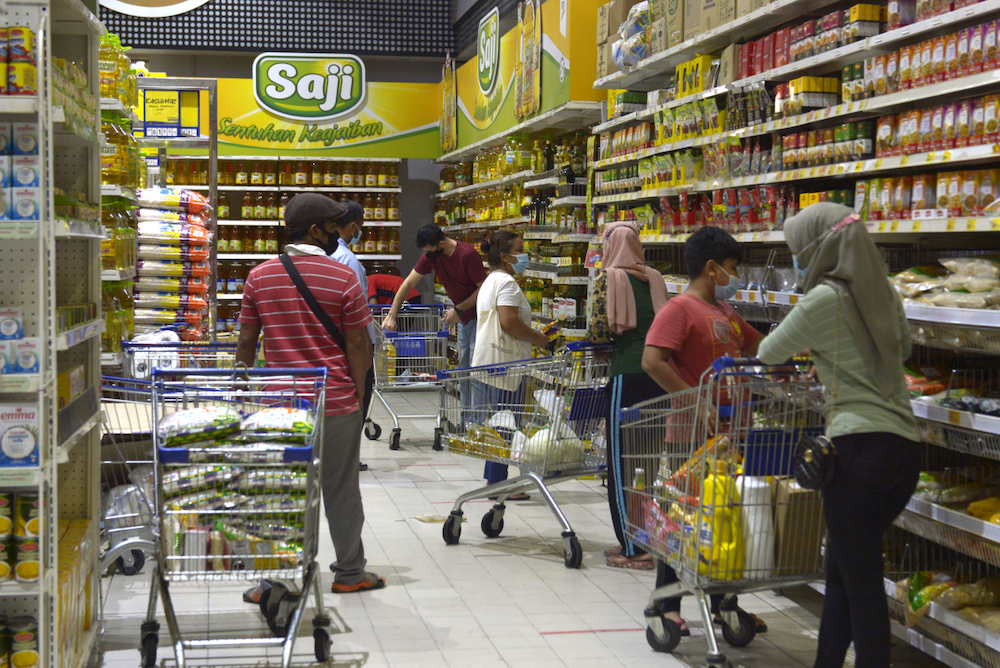
We, therefore, make the call for our tax system to be more progressive as a pre-requisite and pre-condition for the reintroduction of the GST.
In the meantime, we have the Digital Services Tax (DST) set at 6 per cent which has the potential to “emulate” and “mimic” the role of the GST, at least for now.
In an EMIR Research article, “The DST in Malaysia: Calibrating the policy compass” (December 13, 2019), we had called on the government to ratify the Multilateral Convention to Implement Tax Treaty Related Measures to Prevent Base Erosion and Profit Shifting Convention (“Convention”) and deposit the instrument of ratification without delay.
The Convention was ratified in August 2020, its instrument of ratification was deposited on February 18 of this year and it came into force on June 1. It’s hoped that this would result in a coordinated and concerted effort on an international level to combat aggressive tax avoidance effectively.
However, the article also argued that the main policy intention of the DST should be to serve as the base from which other digital-related taxes would emerge and expand.
In another EMIR Research article, “Look to digitalisation as new source of revenue” (June 2, 2020), we argued for the Service Tax Act (2018) to be amended as follows:
- Firstly, the DST must be redefined to encompass domestic service providers (DSPs) and not just foreign service providers (FSPs) only;
- Secondly, the DST could be reconceptualised and redefined to include business to business (B2B) — applying along the entire supply chain (up-, mid — and down-streams) where digital transactions occur — whether domestically or externally; and
- Thirdly, the nature of the services delivered might also need to be updated to include the Internet of Things (IoT) powered by wireless technology (such as low-powered wide area network/LPWAN) as between vendor (business) and backroom office operations (business).
As a form of consumption tax like the GST albeit imposed on the service provider, the DST is more progressive and equitable even when the cost is passed down to the consumer. This is because even if borne by the consumer:
- The target end-user normally or typically can afford the surcharge — based on the income/socio-economic profile; and
- The DST, unlike the GST, isn’t inflationary as measured according to core inflation or the Consumer Price Index/CPI (headline inflation), i.e., it’s “insulated”/”immune” to the broader price dynamics.
In reforming our tax system overall to be more progressive, we need to take bold and unprecedented measures.
Currently, the highest level in our income tax is set at 30 per cent for income of more than RM2 million.
Now, while this may provide the superficial appearance of a progressive tax system, it may ironically exacerbate income equality by inducing both income (and bonuses) to “outpace” the marginal rate (i.e., taxable/chargeable income bracket) and “fiscal drag” (i.e., the push into higher taxable/chargeable category because of wage growth).
A solution to address this would be to impose a flat tax rate on earnings, e.g., of more than RM70,000.
So, everyone earning RM70,000 and above will be subject to the same flat tax rate of, say, 17 per cent.
Currently, those earning between RM70,000 — RM100,000 are subject to a 21 per cent tax rate.
The flat tax rate would end at the RM249,999 income threshold.
This means that, instead of a taxable/chargeable income according to each bracket/band, a flat rate is applied across the board to those in the middle-to-top M40 and lower-to-middle T20 categories.
Both with reference to:
(a) the levels of specified income — from RM70,000 until RM249,000 only; and
(b) within the income itself.
Whereas those earning RM69,999 and below should have their income tax reduced, correspondingly, as per the respective income brackets.
And, therefore, instead of increasing the tax level on the rich to make the tax system more progressive, we propose that the tax levels of the middle-to-lower M40 be reduced/readjusted.
The following are also some of the measures to make our overall taxation system more progressive:
- Capital gains tax (CGT) — for dividends of both listed and non-listed companies amounting to RM1 million and above, for example. For government-linked investment companies (GLICs) and government-linked companies (GLCs), this would represent a “double gain” for the government;
- Windfall tax — the government should consider imposing a (one-off or renewable) additional tax on the glove and commodities sectors;
- Vacancy tax — this will also serve to further alleviate the problem of supply overhang of high-end residential properties, and make it more affordable by enabling loans to be approved and disbursed based on a healthy debt-to-service ratio (DSR). At the same time, any losses should be made tax deductible as part of the vacancy tax structure; and
- Real property gains tax (RPGT) — Except for Penjana’s exemption scheme, RPGT should be increased by 5 per cent across the board so that e.g., properties disposed within three years are now subject to a 35 per cent rate instead of 30 per cent.
We also propose a Covid-19 tax — which could be placed in the Covid-19 Fund (first mentioned under Budget 2021). It could last for two years.
This tax could be imposed on, e.g., Employees Provident Fund (EPF)’s assets and investments, as a whole (on the assumption that no more EPF withdrawals are in view for the future — with i-Citra being the last one).
Perhaps a tax of 2.5 per cent out of RM1.02 trillion worth of assets (as of February 2021) could yield around RM25 billion in revenue. A portion could be used to replenish Kwan (Kumpulan Wang Amanah Negara) or our National Trust Fund.
To counteract the tax, perhaps a special issue of Malaysian Government Securities (MGS) exclusively for EPF could be put in place by the Ministry of Finance (MOF) whereby a higher coupon rate is given — of up 7.5 per cent, for example.
Another way is to tax savings account — following the example of the UK.
But instead of a complex system of tiers (i.e., marginal brackets), a flat rate of 5 per cent could be imposed on all savings accounts of RM300,000 and above and would last for one year only.
Other tax measures could include a “luxury goods” tax (directly imported and purchased locally) requiring a special category under the Sales Tax Act (2018) with a higher tax rate of, e.g., 15 per cent.
In conclusion, a more progressive tax system would bring in the necessary revenue for the government which would allow for the funds to be spent on promoting economic development.
Finally, even if revenues were to return to “pre-pandemic” levels, the debt-to-GDP ratio at 65 per cent should be maintained and a deficit of between “6 per cent to 8 per cent” is to be expected for years to come — even as the government gradually embarks on “fiscal consolidation” (including also that the GST would be reintroduced in the longer-term).
* Rais Hussin & Jason Loh Seong Wei are part of the research team of EMIR Research, an independent think tank focused on strategic policy recommendations based on rigorous research.
** This is the personal opinion of the writer or publication and does not necessarily represent the views of Malay Mail.

